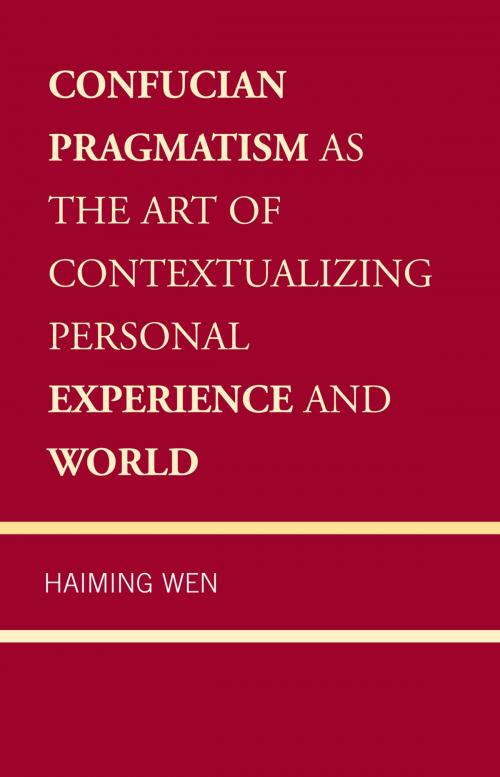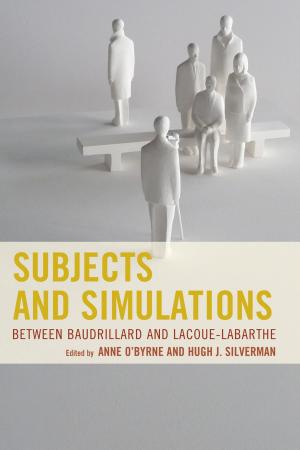Confucian Pragmatism as the Art of Contextualizing Personal Experience and World
Nonfiction, Religion & Spirituality, Philosophy, Pragmatism, Eastern, Ancient| Author: | Haiming Wen | ISBN: | 9780739136461 |
| Publisher: | Lexington Books | Publication: | April 16, 2009 |
| Imprint: | Lexington Books | Language: | English |
| Author: | Haiming Wen |
| ISBN: | 9780739136461 |
| Publisher: | Lexington Books |
| Publication: | April 16, 2009 |
| Imprint: | Lexington Books |
| Language: | English |
This engaging work of comparative philosophy brings together American pragmatism and Chinese philosophy in a way that generates new interpretations of Chinese philosophy and a fresh perspective on issues in process philosophy. Through an analysis of key terms, Haiming Wen argues that Chinese philosophical terminology is not simply a retrospective language that through a process of stipulation promises us knowledge of an existing world, but is also an open, prospective vocabulary that through productive associations allows philosophers to realize a desired world. Relying on this productive power of Chinese terminology, Wen introduces a new term: 'Confucian pragmatism.' Wen convincingly shows that although there is much that distinguishes American pragmatism from Confucian philosophy, there is enough conceptual overlap to make Confucian pragmatism a viable and exciting field of study.
This engaging work of comparative philosophy brings together American pragmatism and Chinese philosophy in a way that generates new interpretations of Chinese philosophy and a fresh perspective on issues in process philosophy. Through an analysis of key terms, Haiming Wen argues that Chinese philosophical terminology is not simply a retrospective language that through a process of stipulation promises us knowledge of an existing world, but is also an open, prospective vocabulary that through productive associations allows philosophers to realize a desired world. Relying on this productive power of Chinese terminology, Wen introduces a new term: 'Confucian pragmatism.' Wen convincingly shows that although there is much that distinguishes American pragmatism from Confucian philosophy, there is enough conceptual overlap to make Confucian pragmatism a viable and exciting field of study.















